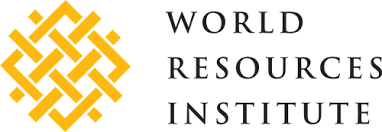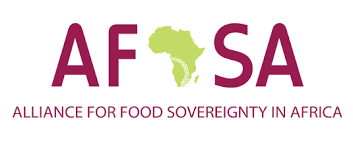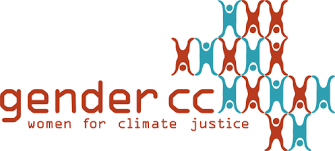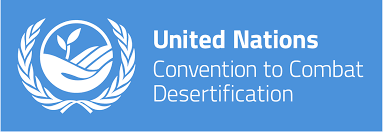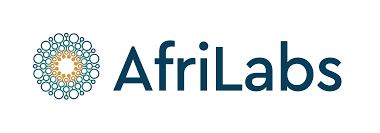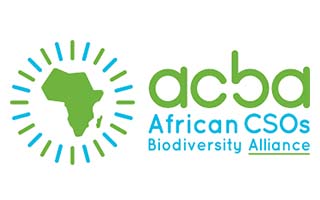"Africa and the Climate: an Opportunity to Adapt and thrive "
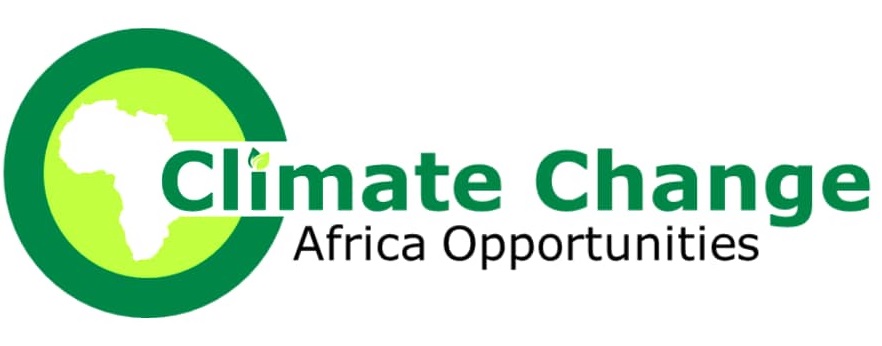
|
|
SeatDemocratic Republic of Congo |

|
climatechangeafricaopp@gmail.com |
"Africa and the Climate: an Opportunity to Adapt and thrive "

|
|
SeatDemocratic Republic of Congo |

|
climatechangeafricaopp@gmail.com |
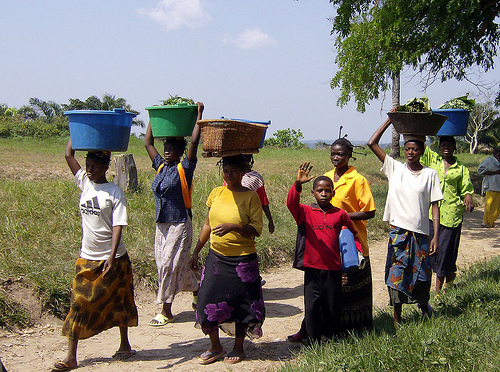
In South Kivu, in the east of the Democratic Republic of Congo, climate change affects more severely the people who are the least responsible for greenhouse gas emissions and those who have the most limited capacities to adapt to it in l occurrence rural women. Indigenous and rural women, due to the specific social roles assigned to them by our societies and the discrimination they face, are doubly impacted by climate change. In fact, being an indigenous and / or rural woman increases vulnerability to climate shocks, environmental and economic changes, particularly in rural areas, where the livelihoods of women and their families depend largely on natural resources (water, forest products, agriculture), highly dependent on climatic hazards. Furthermore, the resources and options available to women (indigenous and those living in rural areas) to adapt to climate change are severely limited by the inequalities that affect them.
It is in this context that Climate change-Africa Opportunities (CCAO) carried out awareness-raising actions in 2019, strengthening the capacities of 12 groups of indigenous women and girls and those living in rural areas in order to enable them to carry out their advocacy with the competent authorities for the integration of gender and the empowerment of women, in all policies and programs for adaptation, mitigation, access and technology transfer in the face of climate change in South Kivu , in the Democratic Republic of Congo.
Feminist environmental justice groups resist corporate and state power. They defend their territories, their communities and their environment against the destructive effects of mining activities. They call for climate justice, because those who are least responsible for climate change suffer the most serious consequences. Through their resistance actions, these groups challenge profit-oriented models of development and progress. In this context, they confront various powerful actors such as governments and companies. They fight for their rights to participate fully in decision-making that affects their environments.
Feminist environmental justice groups promote community-based alternatives or collective power and solidarity. They propose to change our relationship with nature as well as with women, girls and transgender and intersex people. It is equality, freedom and the interdependence of rights that should prevail, not concepts like that of domination. The groups we support use practices and decision-making systems that are feminist, indigenous and local. They promote knowledge and practices that protect the environment. And they offer a variety of solutions to deal with climate change, including renewable energy and sustainable agriculture.
Trésor Badisungu
Africa Coordinator
Climate change-Africa Opportunities (CCAO)



